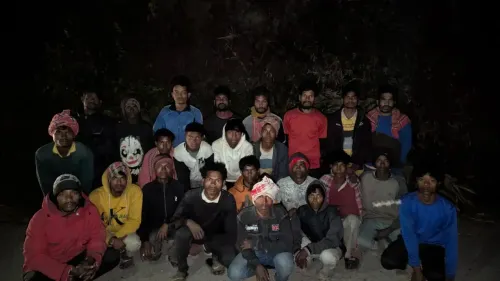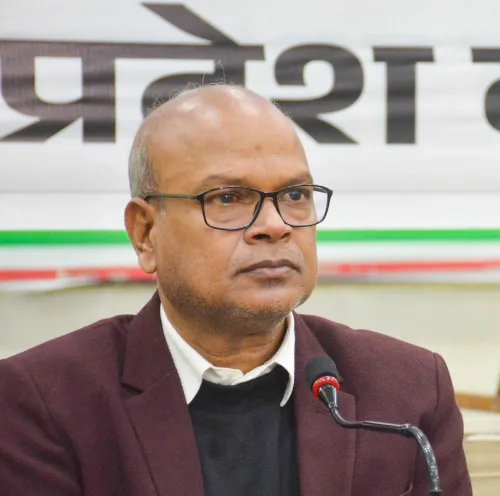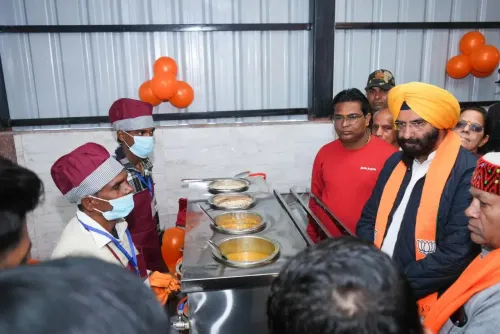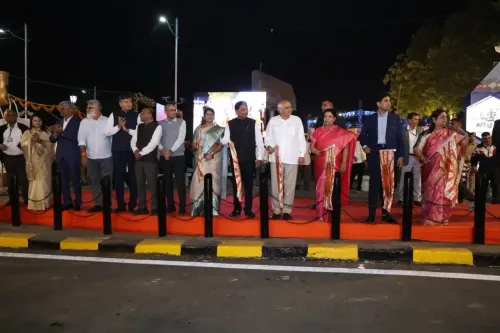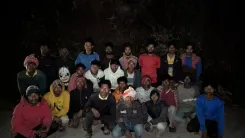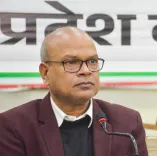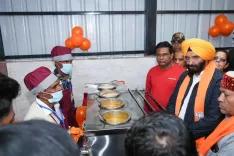Is K'taka CM Siddaramaiah's Caste Survey Official?
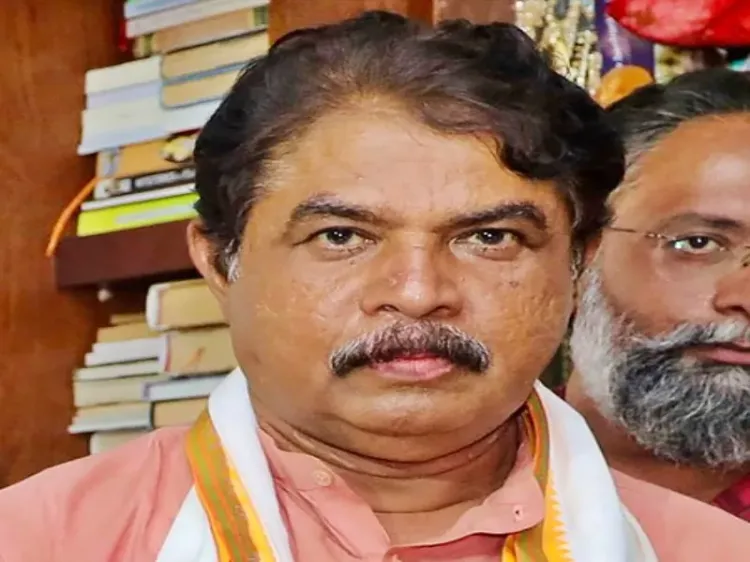
Synopsis
Key Takeaways
- R. Ashoka challenges the legitimacy of the caste survey initiated by CM Siddaramaiah.
- The survey is accused of promoting religious conversion and community division.
- Concerns raised about the timing and authority of the survey amidst preparations for a census.
- GST reforms under PM Modi's government are highlighted as a positive change for citizens.
- Criticism of the Karnataka government for increasing the tax burden on residents.
Mandya (Karnataka), Sep 22 (NationPress) Criticizing the 'Socio-Economic and Academic survey', commonly known as the caste survey, initiated by the Congress-led administration in Karnataka, the Leader of the Opposition in the Legislative Assembly, R. Ashoka, asserted that Chief Minister Siddaramaiah's dictated caste survey lacks official status.
During a press briefing in Mandya on Monday, Ashoka claimed that the caste survey promotes religious conversion.
"This survey serves to divide castes. CM Siddaramaiah has established a platform for conversion... 52 new castes have been introduced to incorporate Vokkaliga, Dalit, and Vishwakarma communities into Christianity.
"They can manipulate the numbers of castes as they wish. Numerous castes exist among Muslims and Christians, but these are not disclosed. Yet, CM Siddaramaiah claims there is discrimination among Hindus. Women are barred from entering mosques and must wear burqas, indicating discrimination exists across all religions," he remarked.
In Karnataka, Lingayats constitute the largest population, followed by Vokkaligas. CM Siddaramaiah appears to be altering this ratio by fragmenting the Vokkaliga community, having created new castes, he argued.
Conducting the survey in fifteen days is unrealistic. Many individuals will be traveling for Dusshera, necessitating a postponement. Furthermore, the central government has already made arrangements for the census, and the state government lacks the authority to execute a census, he emphasized.
Discussing GST reforms, Ashoka noted: "Prime Minister Narendra Modi's government has reduced GST to alleviate the financial burden on citizens. Taxes on essential items like butter and ghee have been lowered to 5 percent. Under the UPA government, cement, TVs, washing machines, and fridges faced a tax rate of 30 percent, now reduced to 18 percent. Restaurant taxes, previously at 21 percent, have been decreased to 5 percent. The tax on urea fertilizer, once at 18 percent, now stands at 5 percent."
Due to the Congress administration in Karnataka, the tax burden has increased, yet PM Modi's government has worked to lessen it. This is favorable news for the impoverished, he stated.
"CM Siddaramaiah and his ministers are criticizing these changes. They should clarify how reducing taxes for citizens results in losses. This government has raised the prices of 25 goods and services. Items such as milk, water, vehicle registration, and stamp duty have seen the imposition of the Gabbar Singh tax. To support the guarantees, an additional Rs 65,000 crore in taxes is being collected. There was a lack of funds in the government, leading to GST being imposed on small traders. At that time, false accusations were made against the Central government. If this administration had any integrity, it would challenge the Central government and advocate for tax reductions. Let there be competition in lowering taxes," Ashoka charged.


